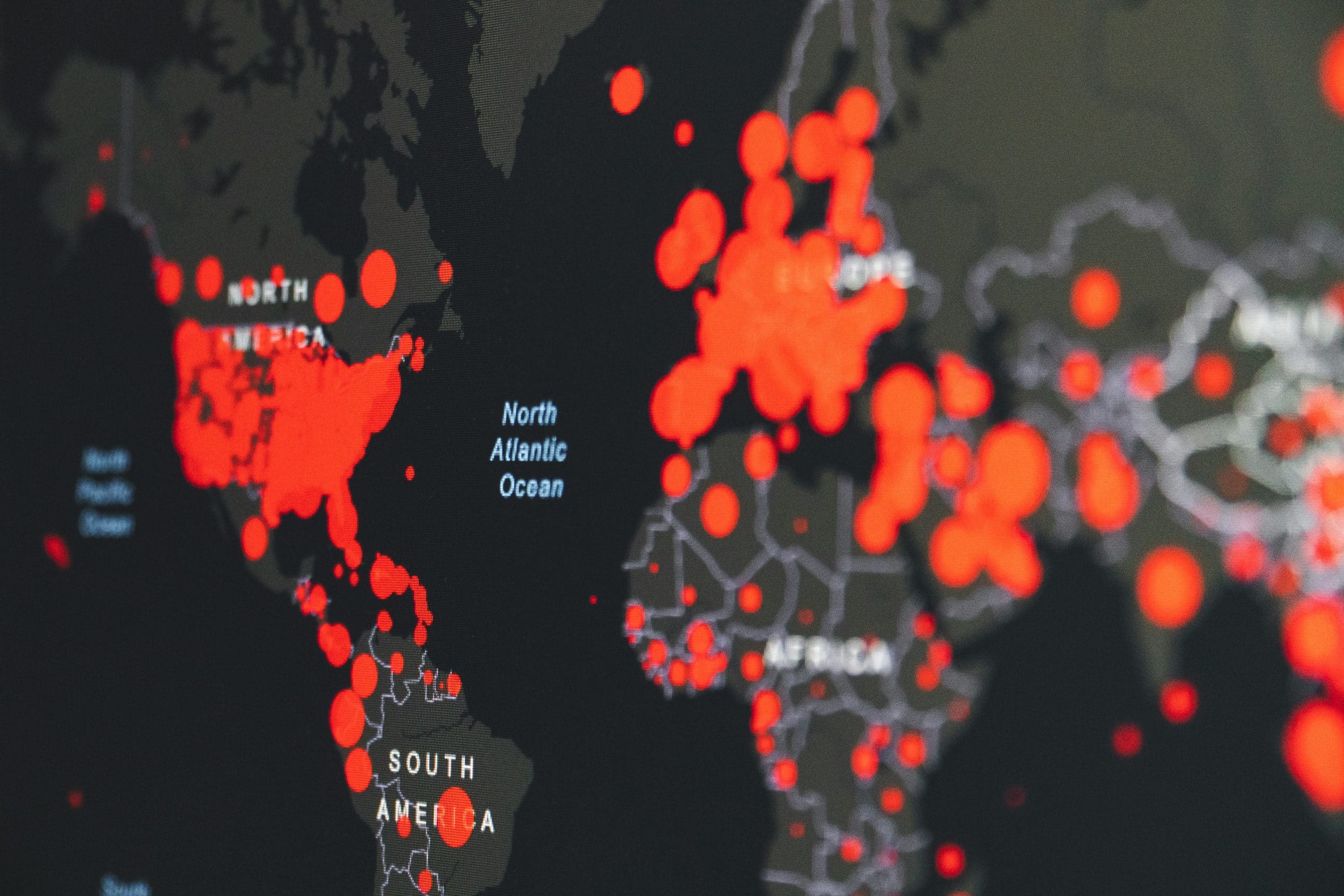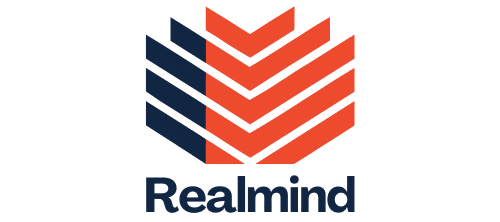What role does AI play in predicting and preventing pandemics?

The modern world has seen a remarkable increase in the use of Artificial Intelligence (AI) in various sectors, from finance to entertainment, and more intriguingly, in the sphere of healthcare. The ongoing covid pandemic has underscored the significance of AI in managing, predicting, and potentially preventing such global health crises. In this article, we’ll delve into the intersection of AI, healthcare, and pandemic response, exploring how these cutting-edge technologies can help us gather and analyze data, provide care to patients, and create models for predicting and preventing diseases.
The Emergence of AI in Health and Pandemic Management
The advent of AI in healthcare is not a new phenomenon. However, its utility and significance have been vividly brought to light during the covid pandemic. In this section, we’ll review the rise of AI applications in health and disease management and explain why they have become essential tools in our response to public health emergencies.
In parallel : How is AI shaping the future of retail shopping experiences?
Artificial Intelligence is a broad term referring to systems or machines that mimic human intelligence. In the healthcare sector, AI is used for tasks such as analyzing medical images, predicting patient outcomes, and even assisting in surgeries. However, during the covid pandemic, AI’s ability to analyze large data sets in real time has proved invaluable in tracking the disease’s spread and predicting its trajectory.
For instance, AI-based health applications like Google’s DeepMind have been used to create protein structure models of the virus, aiding in the development of potential treatments. Moreover, AI has played a critical role in efforts to understand and control the disease’s spread by interpreting vast amounts of data from various sources, such as clinical patient records, public health databases, and social media feeds.
This might interest you : Essentials for ubuntu server patching and updates
AI and Predictive Models
Predictive modeling is a cornerstone of disease management and prevention. It involves using statistical techniques and algorithms to predict future outcomes based on historical data. In this section, we’ll look at how AI has been applied to predictive modeling in the context of the covid pandemic.
Machine learning, a subset of AI, has been particularly instrumental in this regard. It allows computers to learn from and make decisions based on data, making it an ideal tool for creating predictive models of disease spread. For example, machine learning algorithms have been used to predict the number of covid cases within specific regions, based on factors such as population density, travel patterns, and local disease rates.
These models have not only helped governments and health organizations plan their response strategies but have also contributed to our understanding of how the virus spreads. Predictive models built with machine learning can determine the impact of factors like social distancing measures on the disease’s spread, providing valuable insights that can inform public health policy.
AI in Patient Care
With the strain on healthcare systems globally due to the covid pandemic, AI has shown considerable potential in patient care. In this section, we’ll explore how AI has assisted in triage, diagnosis, and treatment plans for covid patients.
AI-powered health applications have been crucial in helping to triage patients, determining the urgency of their condition and directing them to the appropriate level of care. These apps utilize algorithms that analyze a patient’s symptoms and medical history, helping healthcare providers prioritize cases and allocate resources efficiently.
In terms of diagnosis, AI tools can analyze medical images, such as chest X-rays or CT scans, and identify markers of covid infection. This not only increases the speed and accuracy of diagnosis but also reduces the burden on healthcare workers.
AI’s Role in Pandemic Prevention
While AI’s applications in managing and responding to the covid pandemic are clear, its role in preventing such pandemics is still emerging. In this section, we’ll examine how AI can aid in predicting and potentially preventing future disease outbreaks.
AI can analyze vast amounts of data from a variety of sources – from clinical patient records to social media posts – to identify patterns and trends that may indicate a potential outbreak. For example, AI might detect a surge in online posts about certain symptoms in a specific geographic area, potentially flagging an emerging disease.
In addition, AI’s capacity to predict the spread of diseases like covid can provide invaluable lead time for public health officials to act, potentially curbing the spread of the disease before it becomes a pandemic.
In conclusion, while we are still in the early stages of understanding AI’s full potential in predicting and preventing pandemics, the covid crisis has underscored its value. With ongoing advancements in AI and machine learning, we can expect these technologies to play an increasingly critical role in global health, reshaping our approach to disease management and prevention.
The Impact of AI in Clinical Trials and Decision Making
A significant aspect of tackling a pandemic lies in the development and testing of potential treatments and vaccines. Here, Artificial Intelligence has shown promise in accelerating the process of clinical trials and enhancing decision-making procedures. We’ll delve into how AI has had an impact on clinical trials and the decision-making process in the context of the covid pandemic in this section.
Clinical trials are crucial in the path to discovering effective vaccines and treatments, but they are traditionally time-consuming and costly. With the help of AI and machine learning, the process can be expedited. For instance, AI can aid in patient recruitment for trials by scanning through vast amounts of patient data to identify suitable candidates based on specific criteria.
Machine learning can also be used to monitor trial participants remotely, analyzing data from wearable devices to track patient health and disease severity. This not only reduces the need for physical check-ups but also provides real-time data that can help clinicians assess the effectiveness of a treatment or vaccine more rapidly.
In the context of decision making, AI has demonstrated its capability to analyze heaps of complex data and provide insights, which is especially vital during a health crisis. AI can aid in analyzing the effect of various factors on disease spread, the potential impact of different intervention strategies, and the allocation of resources. These analyses can guide public health officials and policymakers in making informed decisions about how to best respond to the covid pandemic.
In addition, Google Scholar and other AI-driven research platforms have been utilized to aggregate and analyze thousands of research papers related to covid. This has enabled scientists to stay updated on the latest research findings, aiding in the development of treatment plans and public health strategies.
The Future of AI in Digital Health and Pandemic Response
As we move forward into an era where technology and healthcare become increasingly intertwined, the role of AI in digital health and pandemic response is likely to expand. In this segment, we will discuss the potential future of AI in digital health and its implications for pandemic response.
Already, we have seen the rise of AI-driven health apps and platforms that allow for remote patient care and health monitoring. These digital health tools have proven invaluable during the covid pandemic, enabling patients to receive care from home and reducing the burden on healthcare facilities. As AI continues to advance, these tools are likely to become even more sophisticated, potentially offering capabilities like virtual consultations and AI-generated treatment plans.
Moreover, as AI’s capability of analyzing and interpreting vast amounts of data continues to improve, its role in pandemic response is expected to become even more significant. Machine learning models can be continually trained on new data, allowing them to become better at predicting disease spread and identifying potential outbreaks. This can provide public health officials with valuable lead time to prepare and implement necessary measures, potentially preventing a local disease outbreak from escalating into a global pandemic.
In the future, we might even see AI systems that can scan through social media feeds or online news articles in real-time, using natural language processing to identify potential disease outbreaks based on online discourse. This could potentially allow us to detect and respond to pandemics even faster.
In conclusion, Artificial Intelligence has already proven to be a valuable tool in our response to the covid pandemic, aiding in everything from patient care to clinical trials, decision making and predictive modeling. As technology continues to advance, AI’s role in healthcare is only set to increase. While we are still in the early stages of realizing AI’s full potential in this field, the possibilities for the future of AI in digital health and pandemic response are indeed intriguing. It is safe to say that AI will play a vital role in reshaping our approach to managing and preventing future pandemics.
